Please view our updated COVID-19 guidelines and visiting procedures →.

We do a lot of fundraising in the hospice field. One might ask why that is so, since Medicare and Medicaid represent over 90% of our patient accounts. While the amount they reimburse may creep up a little each year, it does not cover all hospice services. Also, Medicare and Medicaid reimbursement does not keep up with the actual cost of what it covers.
For example, most people know that nurses and other healthcare professionals, and paraprofessionals are in very short supply, particularly since the onset of COVID. Their hourly rates have gone up multiple times just in the past year, and most make 25 to 50% more than they did a year ago. Medicare’s single-digit raise in rates won’t be enough to attract and retain the staff necessary to admit and care for patients and families.
Many other costs, affected by the supply chain issues we all face, have also gone up dramatically. Not just the food we serve in the inpatient unit, but the mileage costs for home care providers, the electricity we use, and most other goods and services have increased over the past year. Again, Medicare and Medicaid do not match those raised prices.
Even if we were to be reimbursed enough to provide care, that does not address the needs of the physical plant. Over time, we have had to replace our roof, our HVAC system, our generator, our water tanks, our medical equipment, and our inpatient furniture and fixtures. We could all have sticker shock looking at furniture prices and shipping costs, but that would not pay to buy new bedside chairs, recliners, or privacy curtains.
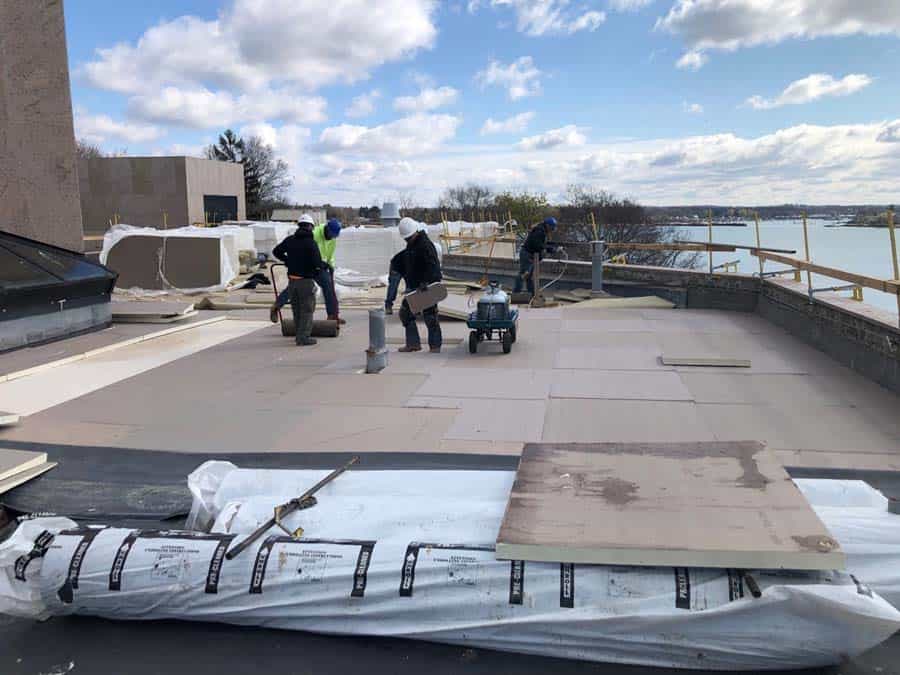
Mental health issues have risen all over the world in recent years, and hospices are no exception. We need more social workers, who are also in short supply, as well as more pastoral and bereavement counselors, just to meet the needs we see in our population. Their average hourly rates are also rising.
Even in fields where salaries have traditionally been lower—food services, maintenance, and housekeeping—we have a responsibility to offer a living wage, and the competitive necessity to do so. Benefits are a big part of the increases, and we know all too well what has happened to health insurance rates.
Medicare does not cover the arts as a discipline, but hospice patients, families, and the staff all benefit from having those resources on hand. Music and art therapy can help children facing loss, patients with dementia wishing to recover memories, or grieving visitors. We count on donor dollars to pay that overhead, and think it is money well spent.
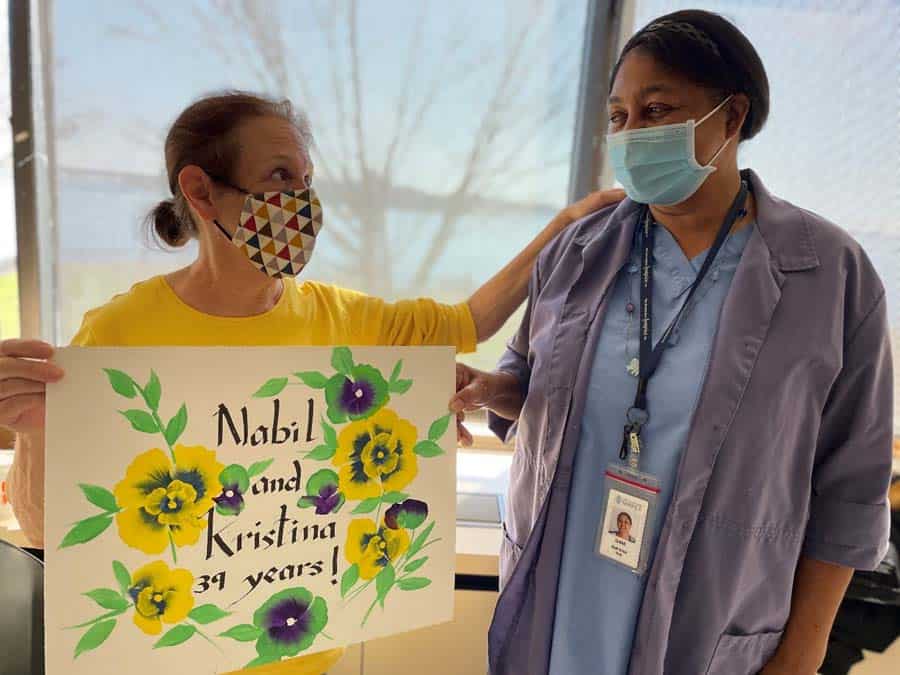
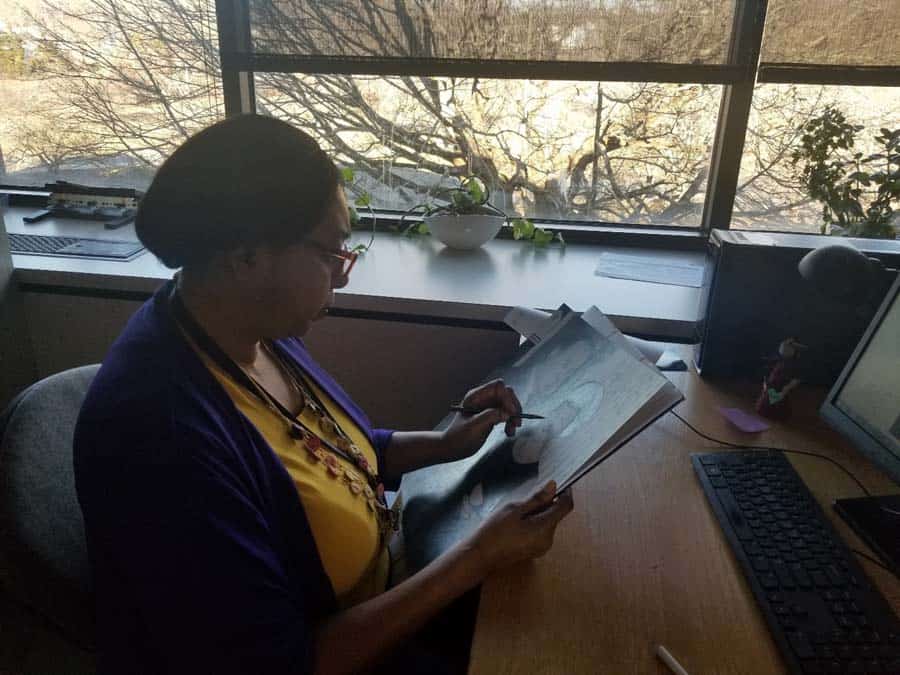
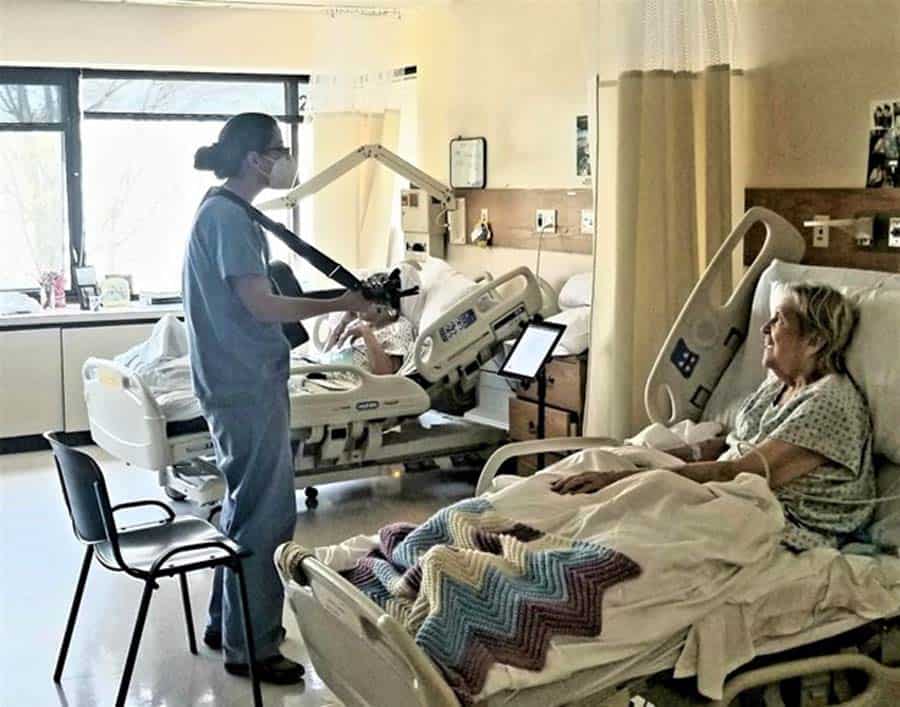
Just as churches often have a minister’s fund to cover unplanned expenses in times of crisis, we also have a fund to meet those needs. We have paid for cremations, groceries, travel costs, and even some last wishes, and are very glad to be able to do so.
Even we have unanticipated needs: the pipe that backs up and spews oil into the yard; the hurricane cleanup that was not in the budget; or the snowplow that breaks down in winter. We depend on generous donors to help with those emergencies, and a few that are not as critical, but just as appreciated, such as the refurbishment of the prayer room.
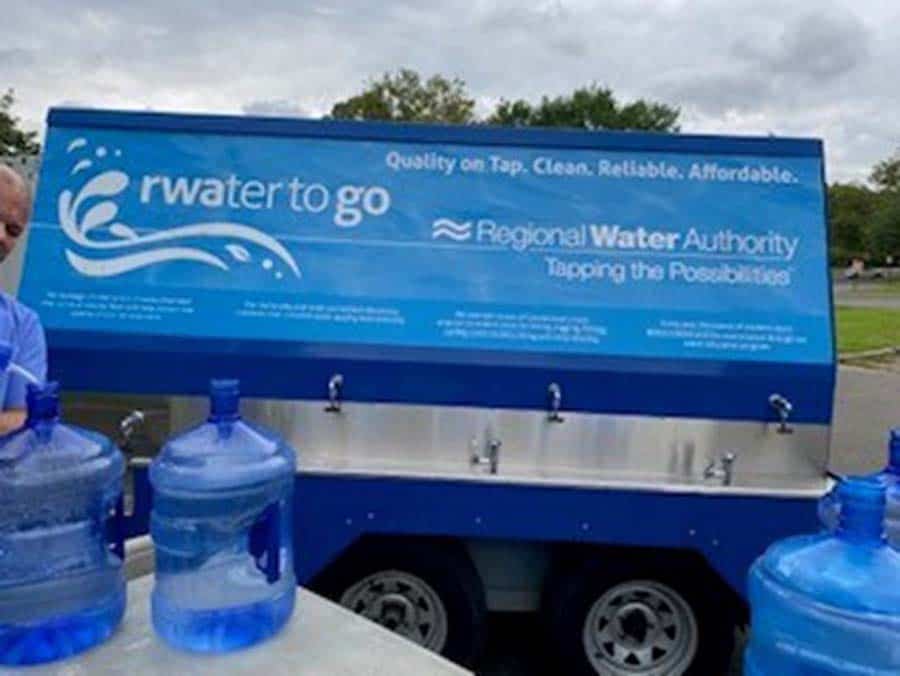
Some donors choose to earmark their gifts for specific items, and we certainly honor that. We thank the group that gave us the ice-crushing machine, and another that paid for dementia kits for nursing home patients. Others give in memory of a loved one, by buying a brick for our walkway or a leaf for our tree. A new addition is the Hospice Hero wall, where people honor a staff member whose care made a particular difference in their lives. Most just give to a general fund, and that money adds up to 15% of the cost of the entire Connecticut Hospice budget.
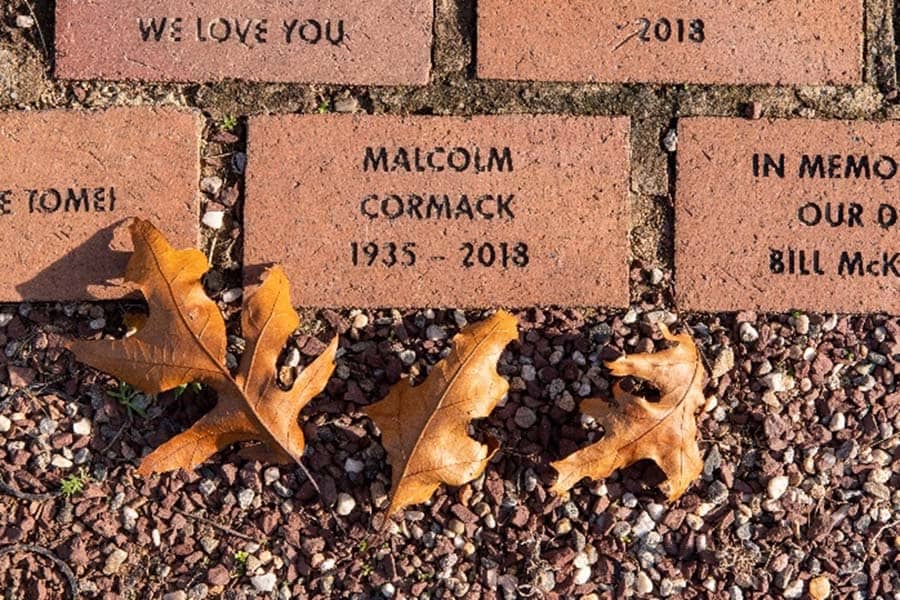
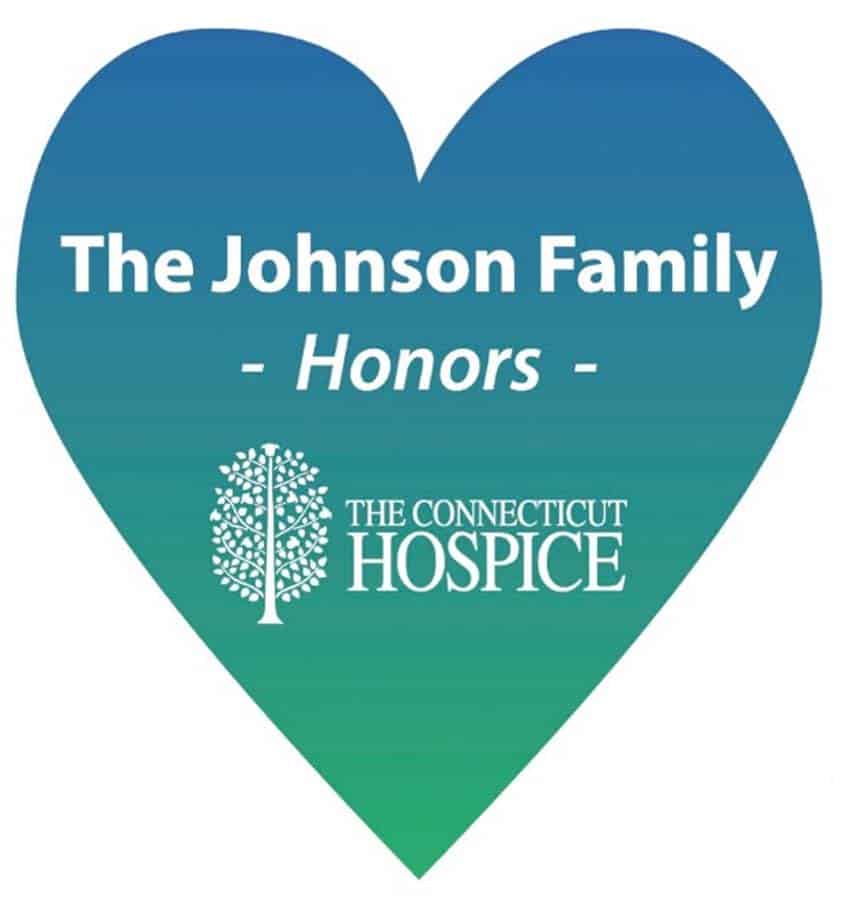
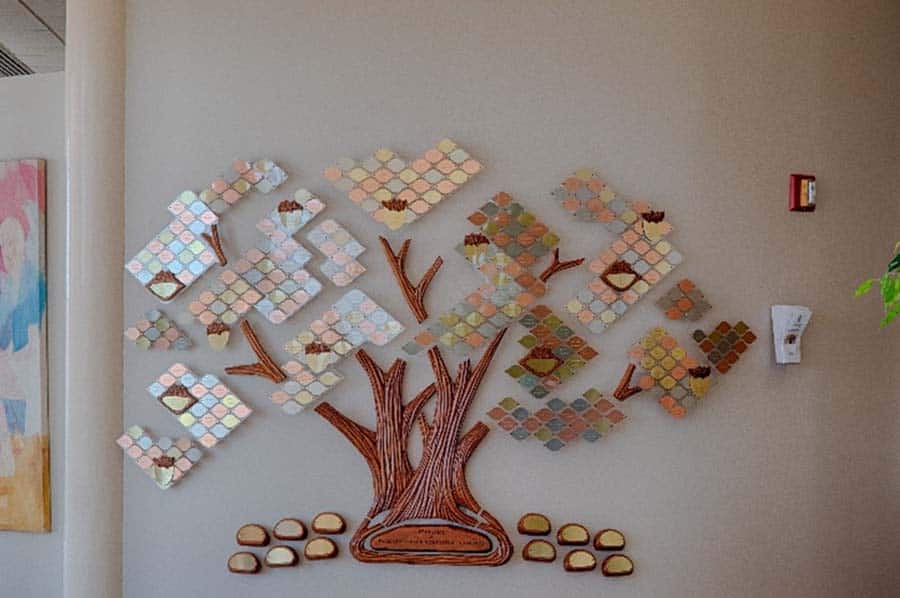
We should not forget that many give of their time and talents. The dedicated pet owners who bring their dogs to visit lonely patients, or the musicians that play in the lobby or in the wings of the inpatient facility, or the barber who came to cut hair—all of them are indispensable. Medicare actually requires that 5% of all of our work be done by volunteers, and we have hundreds of them, from high school and college students to retired professionals of all kinds, most of whom say that they get more out of volunteering than they put in. Our reports to the government have to show a monetary value to all of that time, and it really adds up.
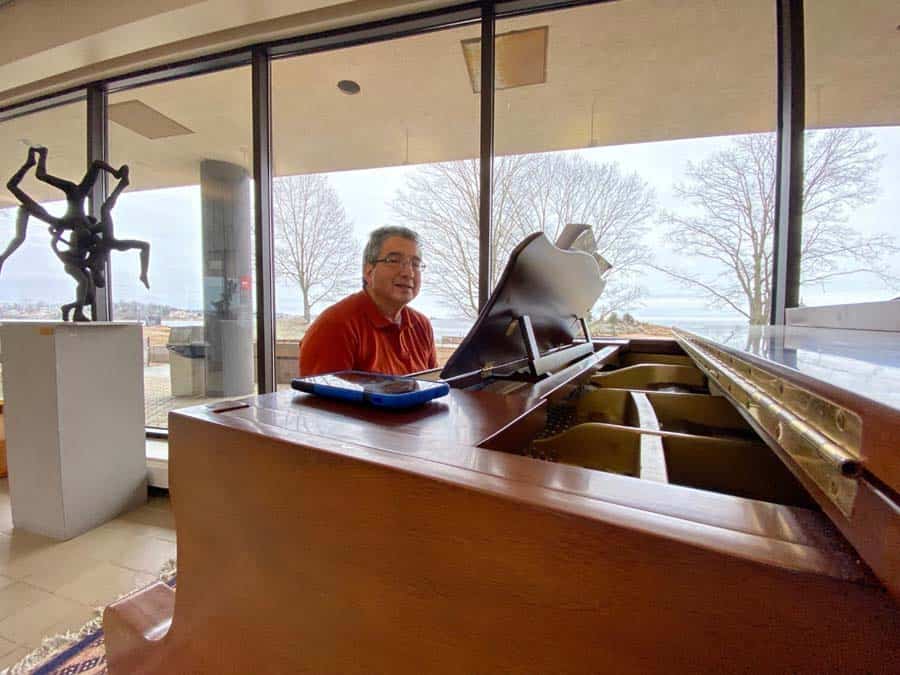
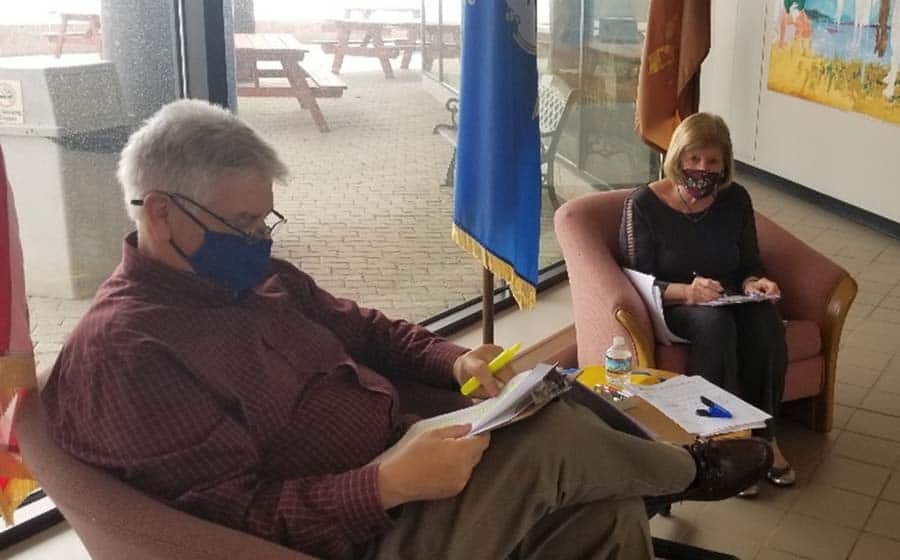
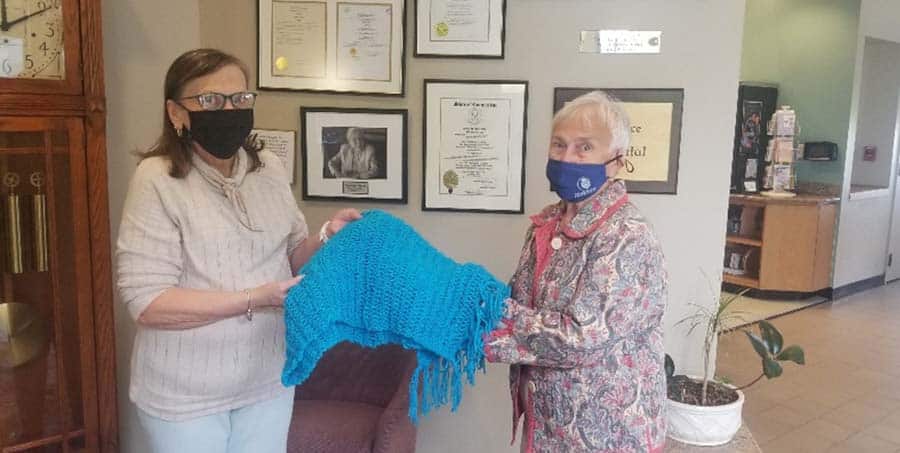
Businesses also participate, bringing groups of volunteers for service days, or donating materials and food. We receive donations of flowers, and have volunteers who help to keep our plants thriving. Many companies cut their rates for nonprofits, or at least for us. Even our fundraisers and other events depend upon donations and volunteer workers.
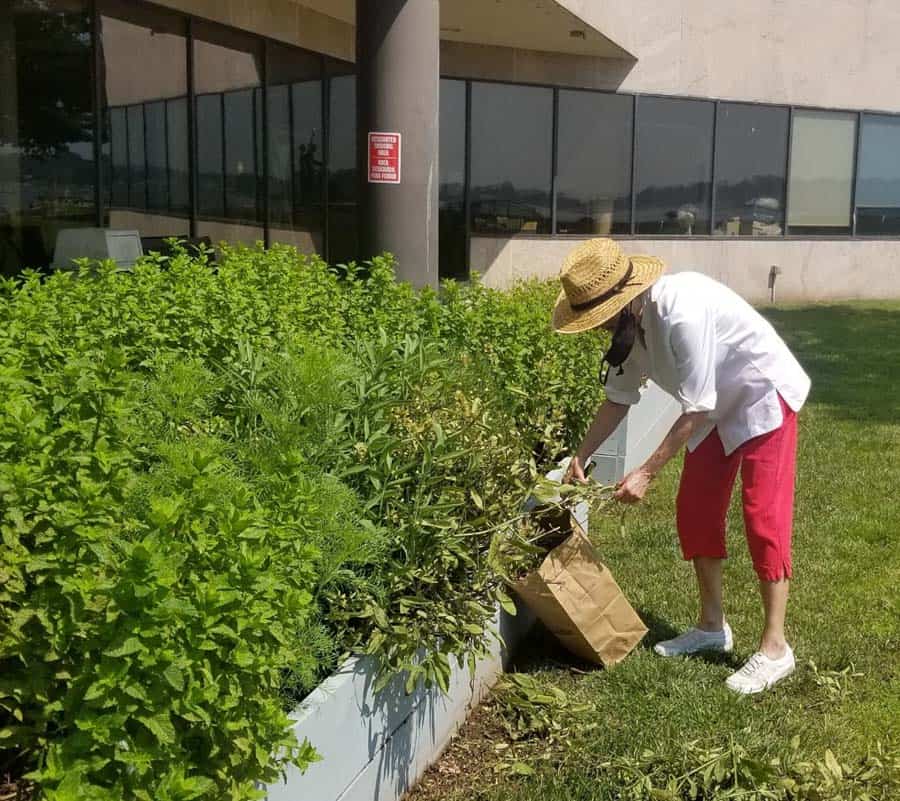
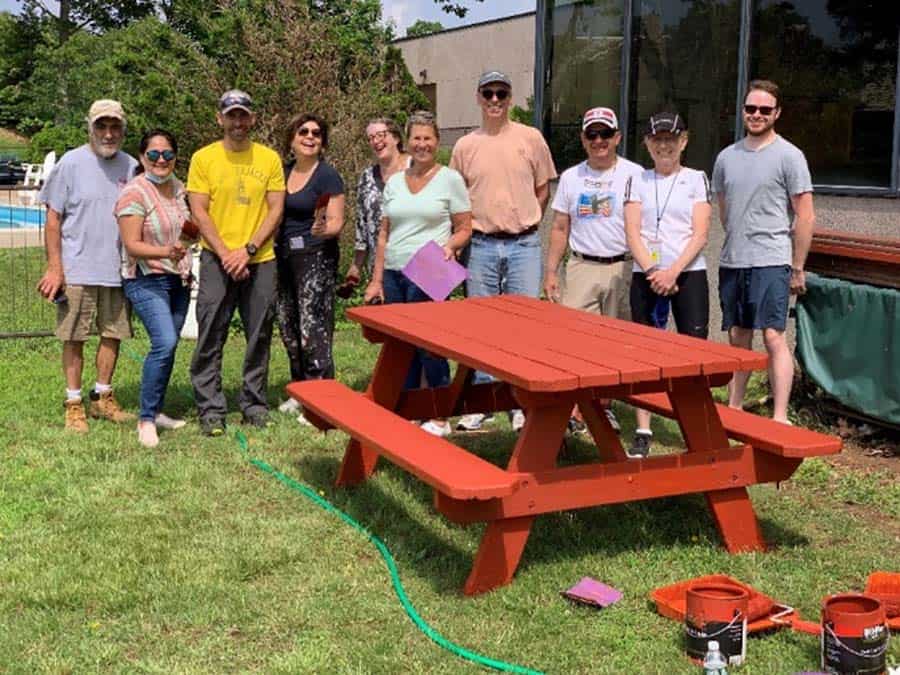
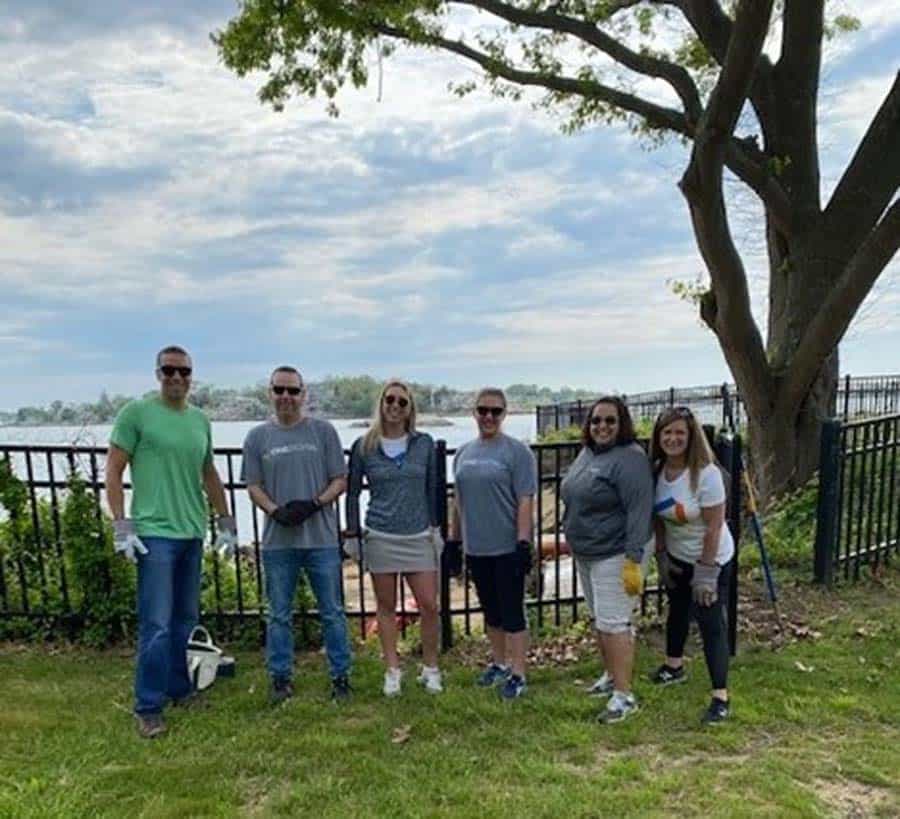
The saying that “it takes a village” is never more true than at Connecticut Hospice. We are grateful every day for the kindness of friends and strangers. Our patients and their families are thankful as well, and no donation of any kind is too small to make a difference in the lives of those in need.

Please make a gift to help us sustain the highest standard of care.
As a not-for-profit, we depend in part upon generous donors who understand that unlike our for-profit competitors, we provide customized services and therapies that aren’t completely covered by Medicaid, Medicare or private insurance. We strive to go above and beyond the standards set for hospice care, and your generosity allows us to do so.

As a not-for-profit, we depend on generous donors to help us provide customized services and therapies that aren’t completely covered by Medicaid, Medicare, or private insurance.
Please make a gift to help us sustain the highest standard of care.
Admissions may be scheduled seven days a week.
Call our Centralized Intake Department: (203) 315-7540.